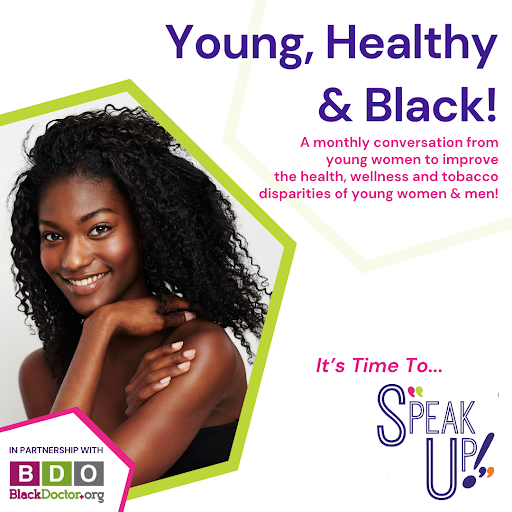
Hey, Lovelies, if you’ve landed here, that means you’re still earthside, and for that, I’m grateful. We’ve been through a lot this week, month, and so far in the year that I think we all need a hug and crying session. We live in a constant state of anxiety and grief caused by the COVID-19 pandemic and are constantly watching or reading about traumatic events on social media daily. Mental health is a topic that until recently, hasn’t been openly talked about, especially in the Black community. Just like any other aspect of health, mental health is essential and needs to be talked about more so that we can destigmatize it. This isn’t your regular kitchen table talk, so let’s get into it!
Did You Know?
- 1 in 4 people has a mental illness?
- May is Mental Health Awareness month?
- Only 25% of Black Americans seek mental health treatment compared to 40% of White Americans?
The Tea
Anxiety, depression, posttraumatic stress disorder (PTSD), and other mental illnesses are severe and can be debilitating if not addressed and managed correctly. Mental illnesses do not discriminate against age, race, religion, gender, or sexuality; anyone can live with a mental illness.
However, Black Americans experience more severe forms of mental health challenges due to socioeconomic barriers and unmet needs. Black Americans are 20% more likely to experience mental health conditions than White Americans.
Additionally, Black youth exposed to violence have a 25% chance of developing PTSD. Suicidal thoughts, plans, and attempts are also rising among Black young adults. Exposure to violence, homelessness, and racial oppression are some factors that increase the risk of developing a mental health condition.
RELATED: Managing Black Mental Health (Q&A)
Something New Under the Sun
For many reasons, mental health and mental illness are usually not discussed in Black families. Typically, we are people who like to keep our business to ourselves or give it to Jesus to fix (Jesus and therapy can co-exist), but we must shift our paradigms.
I know your mama, big mama, and aunts have raised you to be a Strong Black Woman or Man (serious eye roll) and have told you that therapy is for crazy people or other people (y’all know who I’m talking about), but that is most certainly not the case.
A study showed that 63% of Black people believe that having a mental health condition is a sign of personal weakness. We are all struggling with something, some of us more than others, but hiding it or being ashamed about it won’t make it easier to deal with or make it go away.
So, if you need to and have the resources, find a licensed therapist, and let it all out. I promise you’ll feel much lighter.
If You Are or Know Someone Battling a Mental Health Condition
Fighting a war inside of your head 24/7 requires real strength and bravery, it is not a sign of weakness. Having a mental health condition does not change the beautiful person that you are. Instead, it is a chance to embrace your complexities and all that you are.
If you have a loved one who has a mental health condition, continue to show up for them even when they








